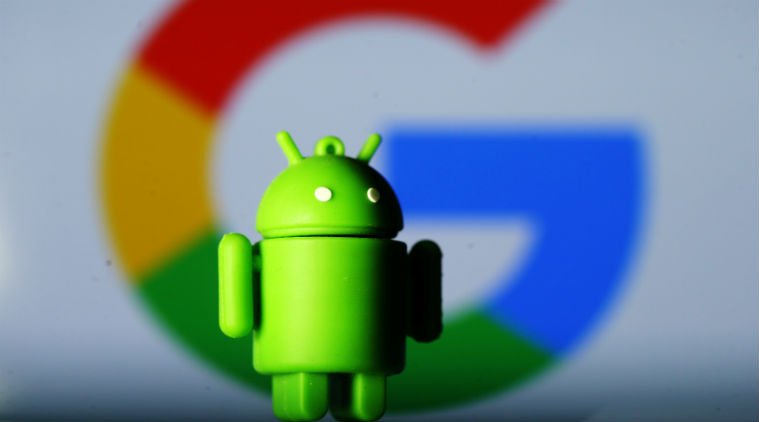The company is eliminating the restrictions it imposed on Android device manufacturers, after a plea with the European Union
Google is in the process of eliminating a ban on smart device manufacturers with product lines that include tablets and phones that work with alternative versions of Android, as well as Google’s own applications and Play Store.
According to specialists in digital forensics from the International Institute of Cyber Security, Google will also allow to preinstall some of its services without having to include all its contents in devices’ factory settings. Currently, the company continues to appeal a fine of $4.3 billion USD relating with this prohibition.
The European Commission announced the fine last July, after ruling that the American company had been using Android to “cement a dominant position on the Internet illegitimately”.
Google announced the modifications of its policies on a blog a few hours ago. The company mentions that the new licensing agreements will enter into force on October 29 and apply to devices marketed in the European Economic Area (EEA), which includes Norway, Iceland and Liechtenstein, in addition to the member countries of the European Community.
So far, Google was forcing phone and tablet manufacturers to preinstall applications like Google Search and Chrome, if they wanted to install other apps like Youtube or Google Maps, as reported by experts in digital forensics.
Chrome and Search apps will no longer be included in all devices operating with Android; as a result, Google announced that manufacturers would pay new fees for installing the desired applications on their devices.
“Since the factory installation of Google Search and Chrome along with our other apps helped us finance the free development and distribution of Android, we will present a new payment license agreement for the smart devices marketed in EEA”, said Google executive Hiroshi Lockheimer. “Android will remain free and open source.”
The rise in new tariffs is not yet known, neither if consumers should expect a significant increase in device prices as a result.
EU Competition Commissioner Margrethe Vestager has suggested that Google’s restrictions prevented alternative versions of Android, including Amazon’s Fire operating system, from achieving greater market impact.
So far, many manufacturers had to adapt the user interface of their devices to the Android version in Google, adding skins without making any deeper changes in the code that could render incompatible any of their services.
According to specialists in digital forensics, this will favor the conditions for manufacturers of intelligent devices to experience more possibilities in their developments before launching them to the market.

Working as a cyber security solutions architect, Alisa focuses on application and network security. Before joining us she held a cyber security researcher positions within a variety of cyber security start-ups. She also experience in different industry domains like finance, healthcare and consumer products.












